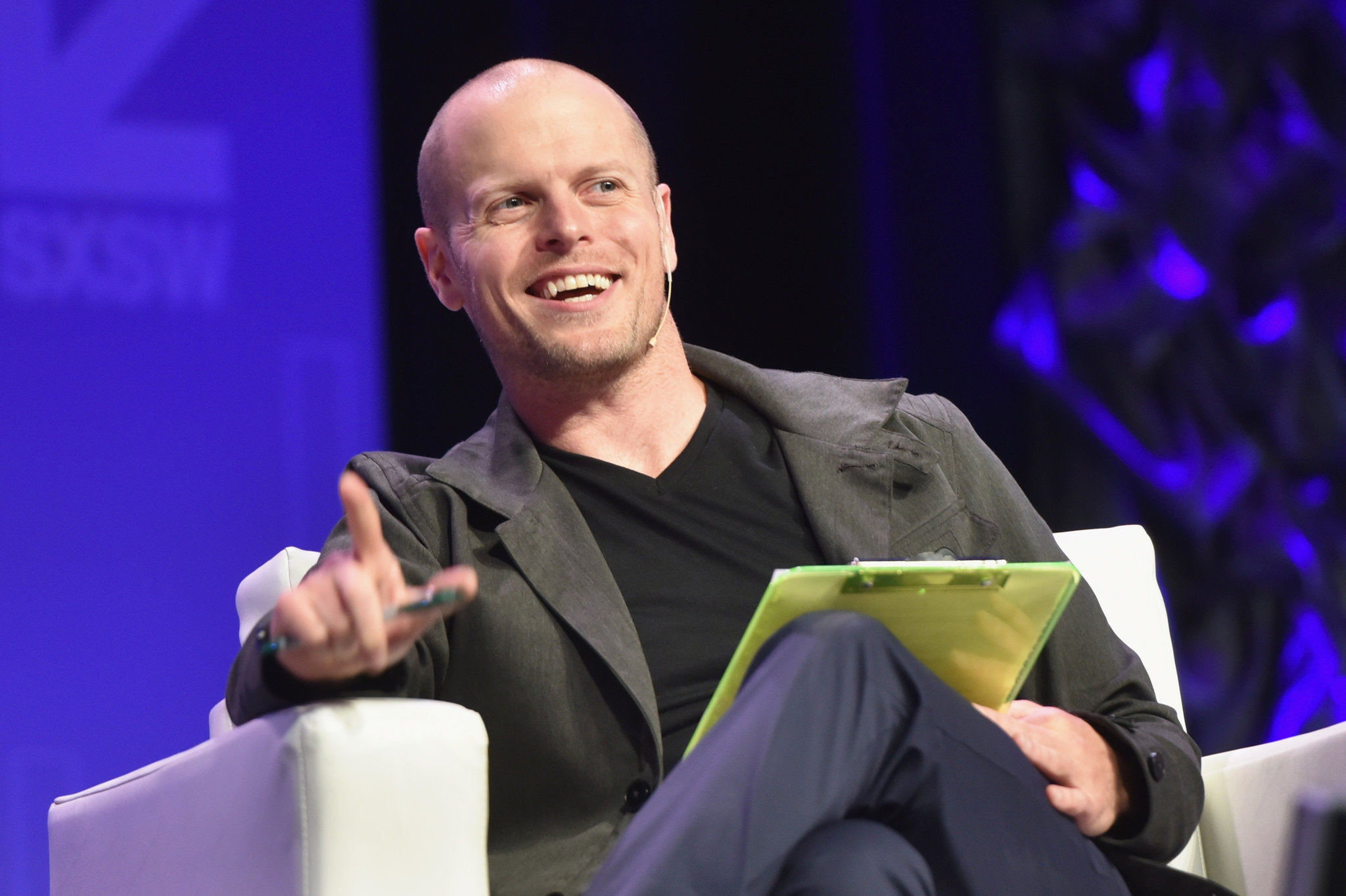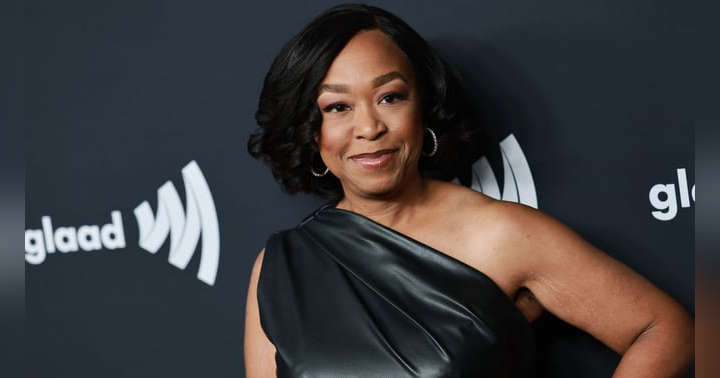Tim Ferriss on Building Off-Menu, Staying Sane, and Scaling Smart

“If your entire identity and self-worth is wrapped up in your company, there are too many factors outside of your control that can give you a real curveball type of damage.” — Tim Ferriss
In a recent episode of How I Built This: Advice Line, Tim Ferriss—entrepreneur, author of The 4-Hour Workweek, and host of The Tim Ferriss Show—sat down with Guy Raz to coach three founders through real-world startup dilemmas.
The result? A masterclass in building “off-menu,” thinking long-term, and designing for joy, not just scale.
Here are the most powerful takeaways for early-stage founders.
🎯 1. Build Off-Menu: Diversify Your Identity to Protect Your Sanity
Tim Ferriss has made a career out of reinventing himself every few years—book author, angel investor, podcast host, and now… card game creator?
Yes, his new analog tabletop game, Coyote, is Ferriss’ answer to digital fatigue and loneliness.
“Every three to four years, I try something completely off-menu professionally to see what I can learn,” Ferriss shared. “This is basically creating what I want more of in my own life.”
His point is both deeply personal and strategic: if your startup becomes your entire identity, you’re vulnerable.
Instead, founders should diversify their sources of meaning and progress. That might mean pursuing side projects, maintaining creative hobbies, or simply building in downtime. It's not slacking—it's future-proofing your emotional resilience.
🍄 2. Mission-Driven? Make Strategy Your Friend, Not Your Enemy
Lauren Minard, founder of Gob, is disrupting earplugs (yes, really) with a biodegradable, mycelium-based alternative to traditional petroleum-based foams. She's already landed a national venue deal and is gaining traction in the sleep wellness space.
Her dilemma? She's pulled between two very different verticals—B2B events and DTC sleep—and isn’t sure how to scale both.
Ferriss offered a pointed question:
“If you had to choose one path right now, which would you pick—and why?”
Lauren’s answer highlighted the classic founder tension between revenue today (B2B venue eyeballs) and brand mission (healthier, more sustainable sleep). Ferriss encouraged her to monetize the high-volume B2B channel to fund experimentation on the DTC side, then let actual data—not hunches—decide long-term direction.
“The energy that you might get from playing a game or spending time with friends… you can transfer that to everything else. That’s why I think startup founders benefit from identity diversification.”
💍 3. When Lightning Strikes (Like Taylor Swift Wearing Your Product), Don’t Get Addicted to the Buzz
Emily Bordner, founder of EB & Co, saw her sales spike 50% after Taylor Swift wore one of her custom rings. But the real story? She's got a growing accessories brand with retail shops, wholesale partnerships, and custom products.
Now she’s torn: Should she focus on retail (90% of revenue) or wholesale (300% YoY growth)?
Ferriss and Raz guided her toward the power of short-term focus sprints:
“You don’t have to abandon retail,” Ferriss said. “But give wholesale six months of focused energy and see what happens.”
They also emphasized low-lift, high-return actions—like attending trade shows without a booth and hiring a part-time sales rep to test wholesale expansion.
Lesson: Virality is a gift, not a growth strategy. Use the moment to build infrastructure that can sustain you long after the headlines fade.
🧵 4. Design for Sustainability—Financially and Psychologically
Clothing designer Kimberly Becker wants to shift her high-end fashion line to a made-to-order model—eliminating overproduction, saving costs, and aligning with her sustainability ethos.
Her fear? U.S. customers hate to wait.
Ferriss reframed the challenge:
“Don’t ask ‘when should I switch?’ Ask: ‘How can I experiment?’”
He suggested launching limited pre-order drops framed as exclusive, high-touch experiences—"VIP capsule releases" where the wait is a feature, not a bug.
Raz added a marketing twist: rebranding “pre-order” as “made-to-order” and giving early customers behind-the-scenes access to fabrics, sketches, or stories.
“Give people something to talk about that’s unique. Word of mouth is everything,” Ferriss said.
🧠 Final Takeaway: “There’s No One Right Way to Do It”
At the end of the episode, Ferriss dropped a timeless reminder:
“You don’t have to build a 200% per year, venture-backed rocket ship. If you love the craft and impact people, that’s enough. Just don’t forget to mind your mental and social health along the way.”
Whether you're building a game, a fashion line, or a mycelium empire, the most sustainable company starts with a sustainable founder.





